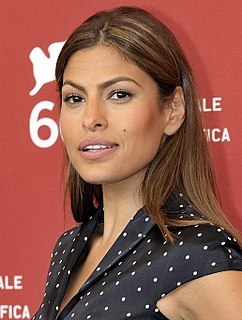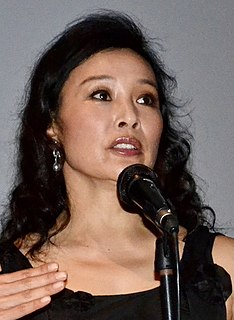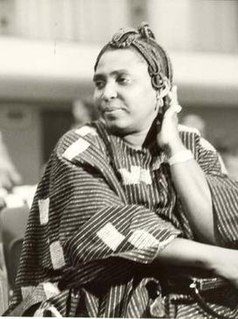A Quote by George Herbert
Related Quotes
India was the motherland of our race, and Sanskrit the mother of Europe's languages: she was the mother of our philosophy; mother, through the Arabs, of much of our mathematics; mother, through the Buddha, of the ideals embodied in Christianity; mother, through the village community, of self-government and democracy. Mother India is in many ways the mother of us all.
If I were hanged on the highest hill, Mother o’ mine, O mother o’ mine! I know whose love would follow me still, Mother o’ mine, O mother o’ mine! If I were drowned in the deepest sea, Mother o’ mine, O mother o’ mine! I know whose tears would come down to me, Mother o’ mine, O mother o’ mine! If I were damned of body and soul, I know whose prayers would make me whole, Mother o’ mine, O mother o’ mine!
And what is the great thing that the stage does? It cultivates the imagination. And . . . the imagination constitutes the great difference between human beings. . . . The imagination is the mother of pity, the mother of generosity, the mother of every possible virtue. It is by the imagination that you are enabled to put yourself in the place of another.
My mother got sick when I was rich. And my mother, you know … I don’t really want to get into it, but my mother was sicker than my father. And my mother’s alive. My mother’s fine, OK? I remember going to the hospital to see my mother and wondering, ‘Was I in the right place?’ Like, this was a hotel. Like it had a concierge, man. If the average person really knew the discrepancy in the health care system, there’d be riots in the streets, OK? They would burn this m-therf—ker down!
The myth of independence from the mother is abandoned in mid- life as women learn new routes around the mother--both the mother without and the mother within. A mid-life daughter may reengage with a mother or put new controls on care and set limits to love. But whatever she does, her child's history is never finished.






































